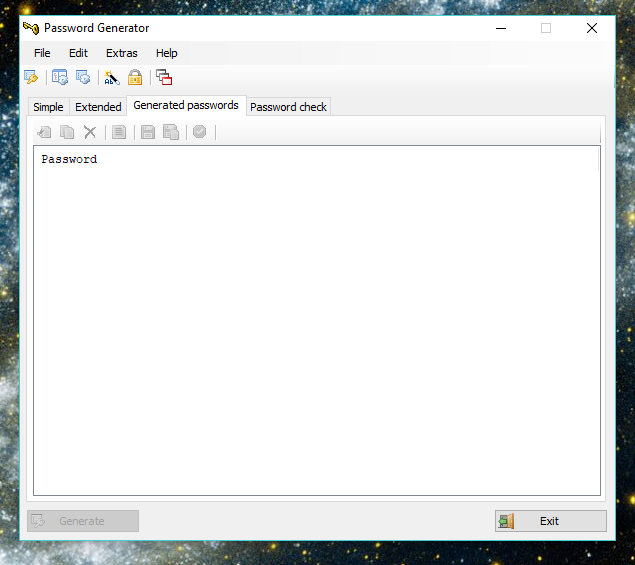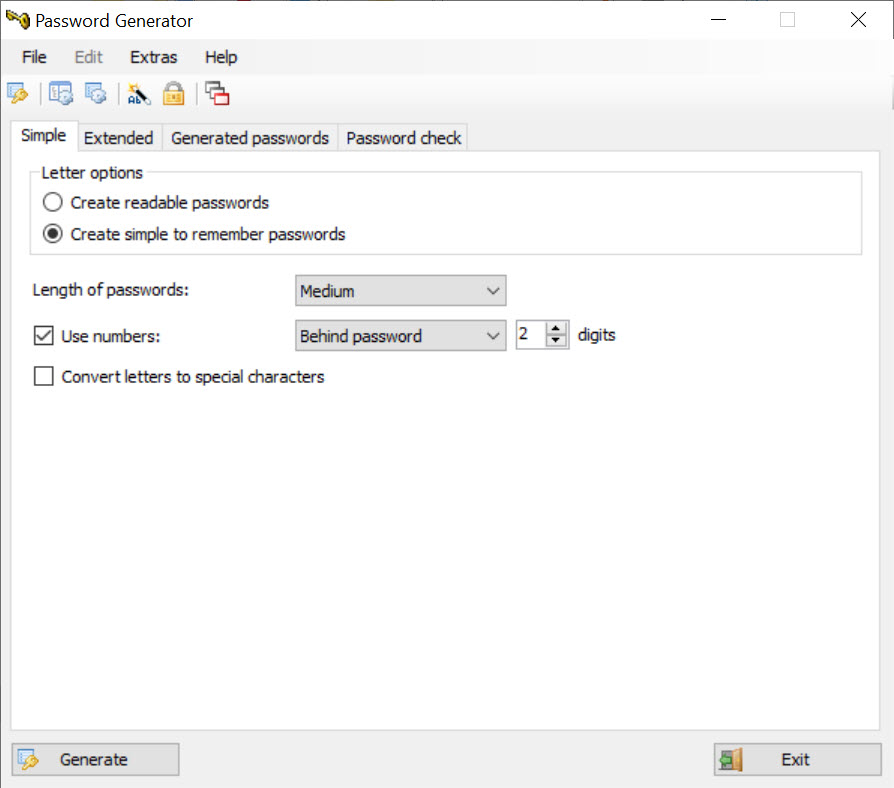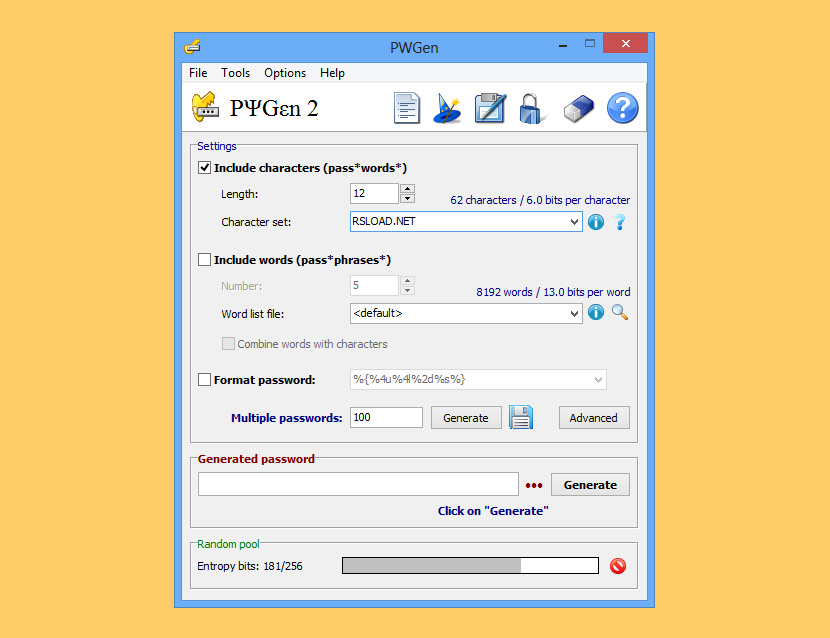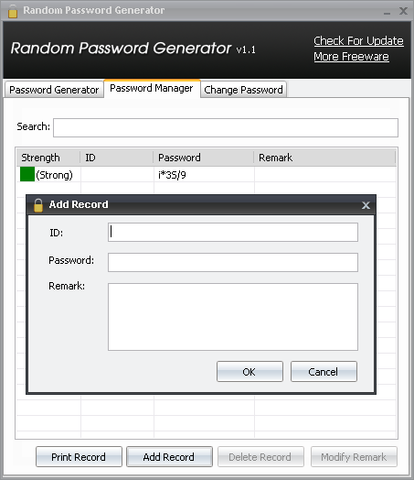

If you’re like me and don’t want to deal with the hassles and limitations of a free password manager, a low-cost premium password manager like Dashlane is always the better choice. Personally, I would never leave my sensitive data on a free password manager. Many of the best password managers offer free versions, but most hit you with heaps of paywalls, rendering them basically useless. The unfortunate truth is that if you’re looking for the best features, the strongest security protections, and the most helpful customer support, you’ll have to spend a little bit of cash. And built-in password managers from Apple and Chrome might be convenient, but they don’t have high levels of security and they don’t offer multi-platform support. I tested every free password manager on the market and found only a few that are actually decent. A lot of free password managers are really bad - some of them are super buggy, some of them are ineffective, and some of them are actually just spyware designed to steal all of your passwords.

Simpler passwords have lower entropy, and are easier to guess. If you used 32 random bytes, you would have a password with 256 bits of entropy, as would a password of 197 characters of grammatically-correct English gibberish. Rather, what matters is the password's "entropy", a measure of how hard it would be for an attacker who knew how you generated the password to guess what your password was.

Since your password isn't used directly as the encryption key, its length doesn't really matter.

Instead, it runs the password through a key derivation function to produce a suitable encryption key. AES-256 uses a key that is exactly 256 bits long.īecause the encryption requires a key of an exact size, 7Zip doesn't use your password directly as the encryption key.


 0 kommentar(er)
0 kommentar(er)
